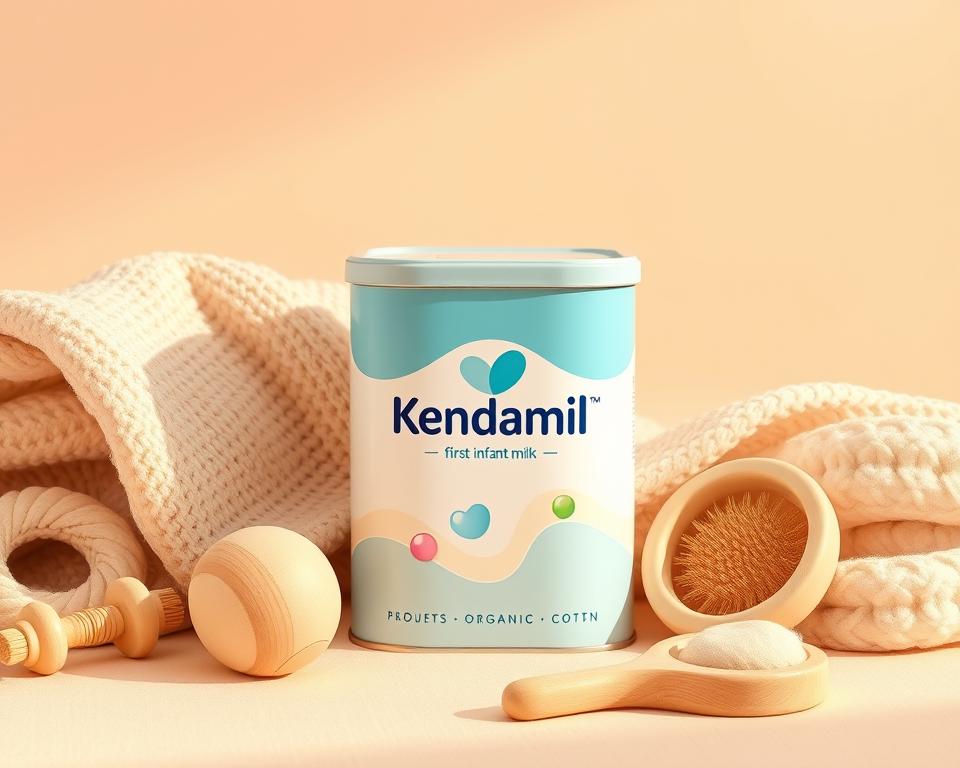Singapore Personalised Cakes Online — Order Today
Have you ever wondered how a simple cake can turn a moment into a memory? You want a treat that looks stunning and tastes even better. My Bake Studio makes choosing easy and enjoyable.
Choose a cake with personalised design and straightforward options for flavour, size, and finish. The shop lets you add details like edible photos or toppers so the piece matches your theme.
Enjoy the convenience of fast delivery and friendly updates so the customised cakes seller shows up fresh exactly when you need it. From a cosy family night to a large office celebration, select the right size for your celebration.
Choose with confidence: all cakes are made fresh for you and delivered with care. Begin your order and enjoy the celebration.
Meet My Bake Studio: Your Source for Custom Cakes with Doorstep Delivery
Picking the perfect cake ought to be quick and fun. You can quickly pick flavor, size, and a look that fits your theme. We make ordering simple with clear delivery timing.
Clear steps, transparent pricing, and friendly assistance. For birthdays through rehearsal dinners, we bake fresh with care for taste and look. You receive prompt confirmations and a transparent delivery timeline.

What sets our customised cakes apart
- Talented decorators translate your ideas into polished, detail-focused designs.
- Go with trending looks or ask for a custom cake for weddings, events, or any celebration.
- Include cupcakes or matching bites to create a dessert table that tastes as good as it looks.
Online Customised Cakes in Singapore
Pick a cake that reflects your taste and the tone of the day. Mix flavours, fillings, and finishes to create something special for any occasion.
Pick your sponge and filling, then choose buttercream, fondant, or semi-naked finishing. Leverage our design panel to refine colours, piping, or metallic touches.
Sizes and tiers for birthdays, weddings, and more
Choose practical sizes for birthdays, baby celebrations, or intimate wedding receptions. We provide servings per tier to help you plan portions.
Add-ons: cupcakes, toppers, and edible images
- Build a cohesive dessert collection with cupcakes, macarons, or matching minis.
- Include toppers, edible images, or logos to reflect your theme.
- Choose multi-tier forms for formal events; our team will advise on balance and servings.
Dietary preferences and ingredients to suit you
Share your needs—reduced sugar, allergens to avoid, or special ingredients to include. Provide lead time in business hours so we can confirm availability and schedule baking.
Finalize flavor to finishing touches in one easy form and we will deliver a refined cake that looks great and tastes even better.
How to Order Cakes and Set Delivery in Singapore
Ordering your cake should be quick, clear, and fit your timing. We make ordering smooth with reliable delivery across Singapore and helpful team support.
Simple steps from design to secure checkout
Begin by selecting a cake and adding design notes for messages or toppers. Enter your address, preferred day, and any building access details, then complete secure checkout.
Delivery: standard service, same-day, or timed windows
Choose from standard delivery, same-day when available, or a specific time window to match your event schedule. For urgent requests call during business hours and our team will confirm feasibility.
Pickup or doorstep delivery: pick what suits your day
Prefer collection? Select pickup at checkout and we’ll advise on transporting tiered cakes safely. Prefer convenience? Go for doorstep delivery and we’ll manage insulated transport.
“We monitor your order and send timely updates so you’ll know when your cake arrives.”
- Select design, size, and notes before checkout.
- Pick delivery or pickup and choose a time.
- Confirm your address, contact details, and access instructions.
- Get baking and delivery updates right up to arrival.
Occasions We Bake For: Birthdays, Anniversaries, Weddings, and Every Celebration
All milestones deserve a cake that suits the moment and brings joy. We craft occasion-ready cakes—from birthdays to weddings—with thoughtful design and reliable timelines.
Make birthdays unforgettable with a birthday cake that suits your theme. Choose cartoon motifs, floral textures, or minimalist elegance for a striking centrepiece.
For milestone birthdays, opt for tall tiers or statement designs that feed a crowd and look great in photos.
Designs for weddings and engagements
Our wedding/engagement options match your palette and venue. From sleek monograms to sugar florals, every design meets taste and presentation goals.
Cakes for baby showers and reveals
Create a sweet reveal using a simple exterior and coloured filling. It’s a small touch that creates a big moment for family and friends.
Corporate cakes and branded designs
Corporate events are covered with logo printing, brand colours, and coordinated treats. Let us know timing or dietary requirements and we’ll adapt while preserving flavour and structure.
- We’ll help you choose the right size so your cake suits the room and guest list.
- Browse our customised cake gallery for inspiration, then personalise details to make it yours.
Quality You Can Taste: Ingredients, Care, and Our Team’s Craft
The first bite’s flavour begins well before the cake is served. My Bake Studio bakes each cake to order, focusing on flavor, structure, and clear care notes so you can serve with confidence.
Fresh ingredients and made-to-order quality
We use real butter, ripe fruit, and premium chocolate for balanced flavor and light sponge. A single decorator completes each cake for consistent texture and appearance.
Cake care tips: kitchen to event
Follow simple steps for transport, chilling, and display to protect finishes and toppers.
- Chill before transport, then rest briefly at room temperature before serving for best flavour.
- Shade cakes and cupcakes in warm weather and time delivery to avoid heat.
- Order ahead; baking is scheduled within set hours to guarantee peak freshness.
Need a steady cake delivery or a quick answer about options? Contact the shop to secure your time slot for birthdays, anniversaries, or other occasions.
Final Notes
Lock in a standout cake with reliable delivery so your party runs smoothly.
Place a custom cake order in minutes with My Bake Studio and confirm delivery to stay on schedule. From classic birthday cake styles to modern designs, our bakers make treats that taste great and look the part for every celebration.
Choose Singapore delivery to enjoy doorstep convenience with timely delivery and careful packing. Book early for peak days, include a short message at checkout, and expect friendly help with sizing or design.
Your Questions Answered
How do I place an order for a personalized cake?
Design your cake by choosing flavours, fillings, size, and finish on our site. Add toppers or edible images, set a delivery or pickup time, then finish secure checkout. For assistance, message or call our team for immediate help.
What flavour and filling options do you offer?
You can pick from classics like chocolate, vanilla, and red velvet to specialty options such as matcha and lemon curd. Available fillings include buttercream, ganache, fruit compote, and custard. Tell us about allergies or preferences so we can recommend suitable ingredient swaps.
Do you offer single-tier and multi-tier options for events?
We offer single-tier cakes for small groups and multi-tier cakes for weddings and big events. We list servings per inch to help you plan portions by guest count. If unsure, our team will help you choose the right size.
Are add-ons such as cupcakes and custom toppers available?
Absolutely. Cupcakes, custom toppers, edible images, and themed decor can be added during checkout. These extras let you build a cohesive dessert table for birthdays, anniversaries, or corporate events.
Do you accommodate dietary needs such as nut-free or vegan?
Dietary requirements can be met with nut-free, egg-free, and vegan options. Share needs at checkout so we can use proper ingredients and minimise cross-contamination where possible.
What are the delivery options and time windows?
Choose from standard delivery, same-day delivery when available, or specific time-window delivery for precise arrival. Fees and availability depend on time and location. You’ll get tracking and updates once your order is dispatched.
Can I choose pickup instead of delivery?
Yes, store pickup is available at checkout. Pickups run during collection hours and we’ll hold your cake safely until you arrive. A solid option if you prefer managing timing.
When should I order for custom designs?
We suggest 2–4 weeks lead time for complex designs, weddings, or large orders. Simpler cakes and standard flavors often allow shorter lead times, but weekend slots fill quickly, so earlier is better.
Can I get a cake at the last minute?
Depending on demand and complexity, same-day or next-day may be available. Check the same-day option at checkout or reach out to confirm availability for urgent needs.
How do I handle storage and transport after delivery?
Refrigerate cakes with perishable fillings or cream; keep fondant/buttercream-only cakes in a cool, dry place. Use a flat surface and avoid sudden stops while transporting. Care instructions come with every order to help ensure perfect condition.
Do you make corporate/branded logo cakes?
Yes, we create custom logo cakes and branded desserts for corporate events. Please provide a high-res logo and brand guidelines so we can match colours and style accurately.
What are your refund and cancellation terms?
Refund and cancellation terms vary by order size and lead time. For full details, review our policy at checkout or contact customer service. We strive to resolve issues quickly and offer alternatives when possible.
What ensures your cakes are fresh and high quality?
Cakes are made to order with fresh ingredients. Our bakers follow strict preparation and storage practices to maintain flavor and texture. We pack orders carefully to protect form and decoration.
Do you offer tastings before large orders?
By appointment, tastings are available for weddings and larger events. Book a session to sample flavours and discuss design options for confidence in your choice.
Who do I contact if there’s an issue with my order at delivery?
Contact our customer support immediately with your order number and details. Our team will assess and offer replacement, refund, or another solution per policy and issue.
How can I send design details or references?
Upload reference images and notes during the design step on the order page. Email or message us post-order to add files or clarify specifics.
Are there seasonal flavors or limited-time designs?
Yes, we offer seasonal flavors and special designs for holidays and events. Check our promotions page or sign up for updates to be the first to know about limited-time offerings.









